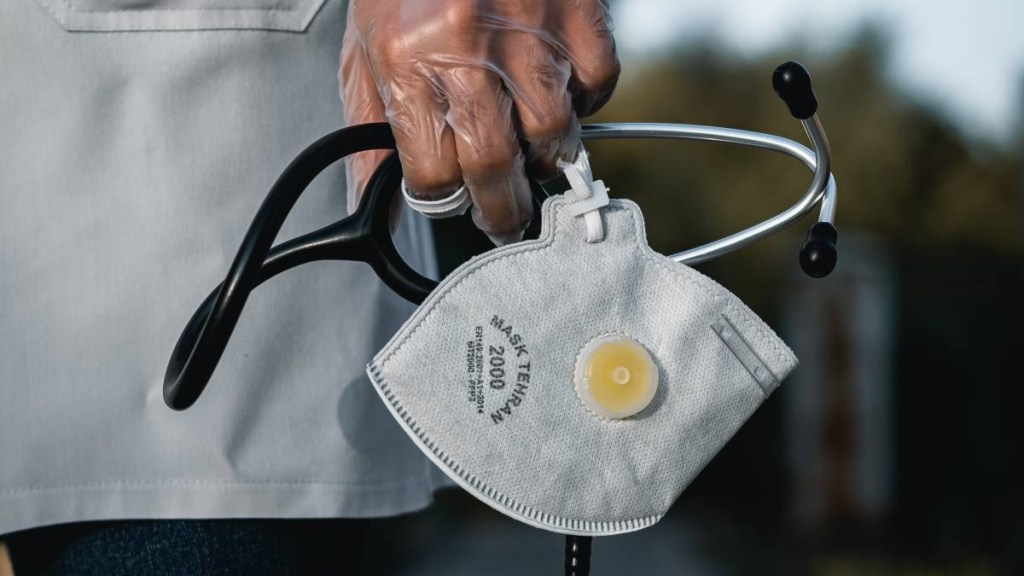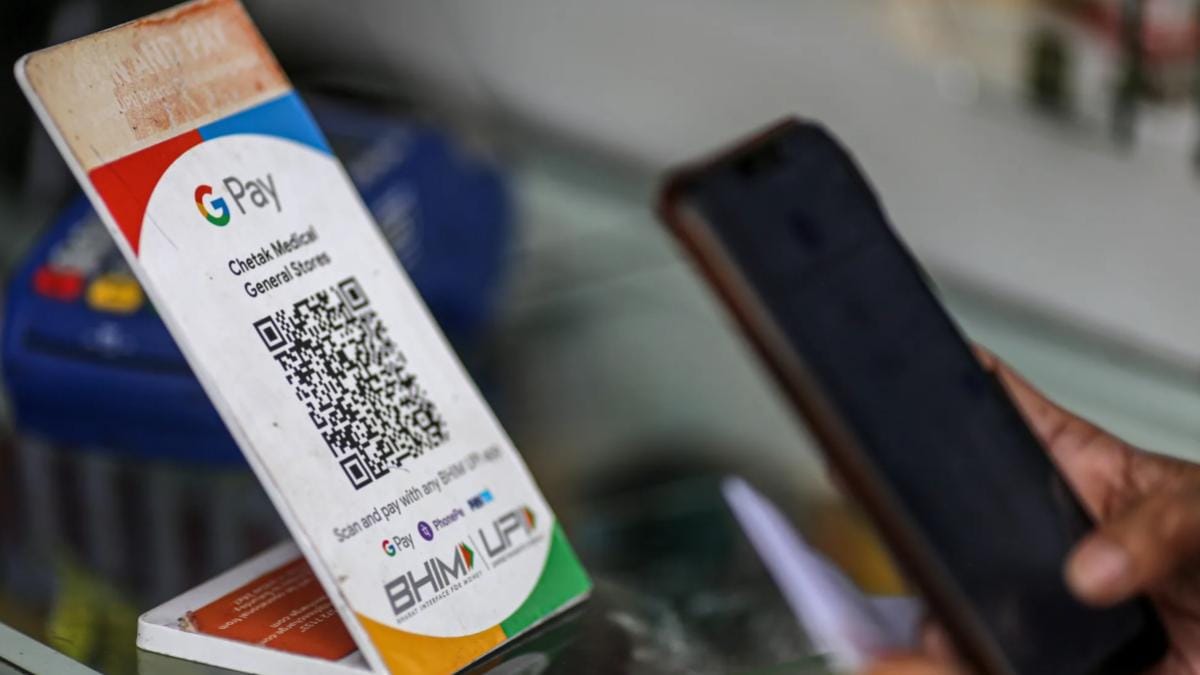During the early stages of the pandemic, healthcare professionals observed that certain individuals with weakened immune systems were facing prolonged SARS-CoV-2 infections, lasting weeks to months. This raised concerns that such cases might contribute to the emergence of new viral variants.
A recent study published in Lancet Microbe, led by Dr. Adam Lauring of Michigan Medicine, aimed to shed light on which immunocompromised patient groups face a higher risk of extended infections and to assess if these cases could lead to concerning viral variants.
The study, part of the CDC-sponsored IVY Network, followed 150 immunocompromised COVID-19 patients from various health systems in the United States in 2022. Patients with diverse immunocompromising conditions, including B-cell cancers, solid organ or stem cell transplant recipients, people with AIDS, and those with autoimmune or autoinflammatory conditions, were included.
Findings:
Only 25% of patients tested positive for the highly sensitive PCR test for 21 days or longer after the onset of illness, and just 8% had live virus presence for the same duration. The median time to the last positive test was nine days. Notably, individuals with AIDS and those with certain B-cell cancers were more likely to experience prolonged infections than those with autoimmune diseases or non-B cell cancers.
Among solid organ transplant patients with T-cell immunosuppression, only one had an infection lasting over 56 days. Prolonged infections were also associated with specific immunosuppressive therapies, such as rituximab or CAR-T therapy targeting B cells.
Viral Variants and Immunity:
The study found that mutations in patients with prolonged infections rarely matched those in global variants. Dr. Lauring emphasized the heterogeneity of immunity, noting that what allows a virus to escape the immune system in an immunocompromised patient may differ from the population at large. As global immunity evolves through vaccination and infections, monitoring this patient population for new variants may prove impractical.








